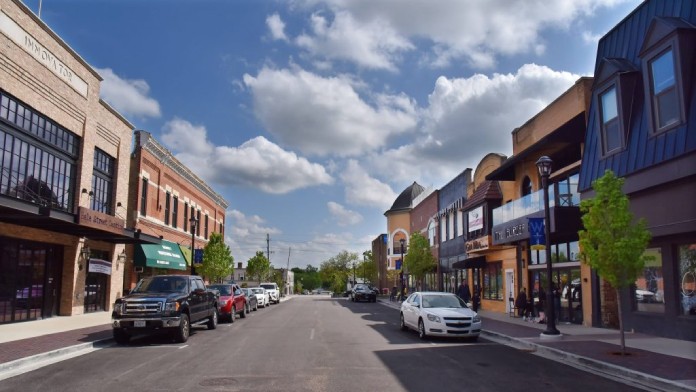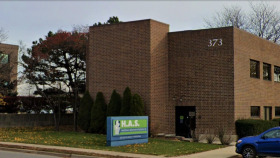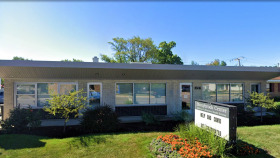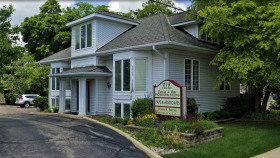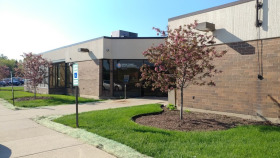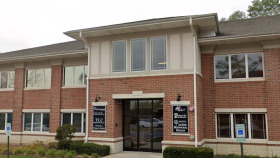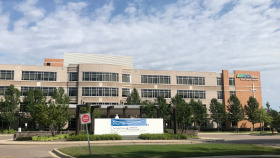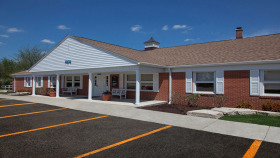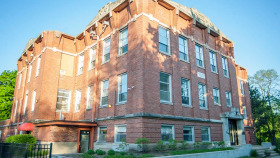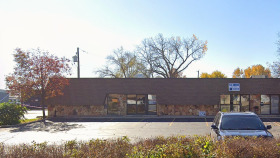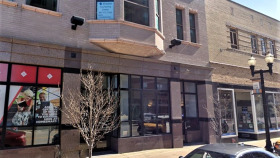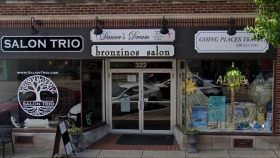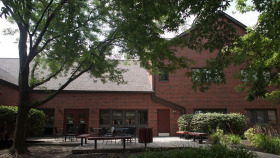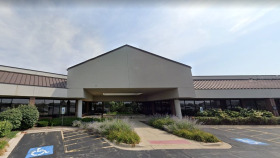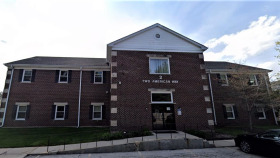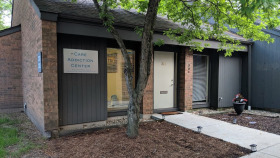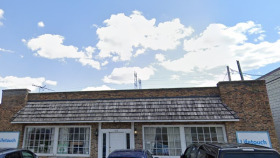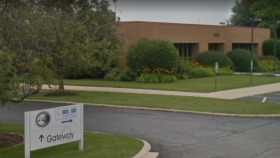Drug and Alcohol Use Statistics in Wheaton, IL
Wheaton, IL, and the surrounding DuPage County have seen dramatic health effects in people misusing opioids and other drugs. Here are some facts about drug and alcohol use in DuPage County, IL:1,3
In 2021, 21% of DuPage County residents reported excessive drinking.
In 2021, 27% of auto accident fatalities were connected to alcohol use.
13.8% were fentanyl and alcohol
12.4% were heroin and alcohol
Levels of Care for Rehabs in Illinois
For many Illinois residents, addiction treatment is a process of moving through multiple levels of treatment, from most to least intensive. For others, only the least restrictive levels are required.
Detox
Detox is the process of safely clearing your system of all drugs and alcohol. It occurs in a supervised setting to manage withdrawal symptoms. This process is often necessary before Illinois residents can enter a formal treatment program.
Residential or Inpatient
Residential or inpatient treatment is the most intensive treatment setting, involving 24/7 care. Medication, individual and family therapy, and recreational therapy are common forms of treatment at this level.
Partial Hospitalization Programs (PHPs)
In a PHP, participants receive much the same services as an inpatient program, but they return home during non-treatment times.
Intensive Outpatient Programs (IOPs)
IOPs are a step down from PHPs. These programs provide several hours of treatment over several days per week. Treatment usually includes individual and group therapy.
Standard Outpatient
Standard outpatient programs are the least intensive level of treatment. They require only two or three hours of care per week, usually at an outpatient clinic or therapist’s office. This option is appropriate for those with a strong support system who are highly motivated.
Aftercare
Also called relapse prevention, aftercare is focused on providing ongoing support for continued sobriety once a treatment program is complete. Aftercare can include 12-step meetings, transitional housing, therapy, and other supports.
How to Pay for Addiction Treatment in Wheaton, Illinois
Private Insurance
By law, all insurance companies must provide at least some coverage for substance abuse treatment. However, each plan differs, so Illinois residents must contact their provider to discover precisely what is covered by their plan. Deductibles and copays may apply.
Illinois Medicaid
Illinois Medicaid is a government program that provides health insurance for low-income individuals and families. To be eligible, Illinois residents must be a U.S. national, citizen, permanent resident, or legal alien, in need of health care/insurance assistance, and characterized as low income. They must also be either pregnant, responsible for a child 18 years or younger, blind, have a disability or family member with a disability, or be 65 years or older.
Illinois Medicare
Medicare is a federal health insurance program that provides coverage for Illinois residents aged 65 and older, as well as individuals with certain disabilities. Some forms of addiction treatment are covered under Medicare Part A, while other services are covered under Part B. Not all rehab facilities accept Medicare as a form of payment, so it’s important to confirm Medicare acceptance before starting a program.
TRICARE in Illinois
TRICARE in Illinois provides health insurance coverage for U.S. military personnel, veterans, and their families. This includes substance use disorder treatment services; however, plans differ in their specific coverage.
Sliding Scale Rehabs
State-funded rehab centers use government funds to help pay for treatment for Illinois residents who are otherwise unable to afford it due to lack of income or lack of insurance coverage. To get into a state-funded rehab, residents can contact the Illinois Health and Human Services Department for assistance.
IHS-Funded Drug Rehabs
The Indian Health Service (IHS) is a federally-funded program that provides health coverage for indigenous people. Under this program, Native Americans and Native Alaskans who need SUD treatment can receive low-cost or free services, even if they have other insurance coverage.
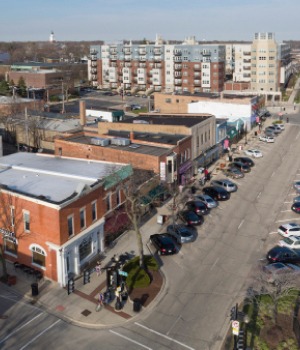
Traveling to and Within Wheaton, IL
Wheaton, IL is about 25 miles from Chicago. Here are some travel planning trips if you are considering attending drug or alcohol rehab in Wheaton, IL, or if you will be visiting loved ones in treatment there:
- The closest airport to Wheaton, IL is Chicago O’Hare Airport, which is 13 miles away. You can also fly into Chicago Midway Airpot, which is 19 miles from Wheaton.
- You can drive into Wheaton by taking local roads that connect to Interstates 88 and 355.
- There are Metro light rail stops in Wheaton for people traveling to and from Chicago. You can get around Wheaton proper by car or using a rideshare app.
- There are a variety of restaurants around Wheaton, many of which offer family-friendly dining. You can get fast food and eat at chain restaurants as well as local specialties like Chicago-style pizza.
- There are dozens of hotels in Wheaton and in nearby Chicago. Accommodations are available a many price points, from affordable chains to luxury hotels in downtown Chicago.
- Visitors to Wheaton might enjoy the DuPage History Museum or visit the many local parks. Nearby Chicago has a selection of live entertainment choices like music and theatre, as well as professional sports. Lake Michigan offers opportunities for water sports like swimming and boating during the warm parts of the year.
Illinois Drug and Alcohol Laws
Illinois policy makers have established the following laws regarding substances:1,2,3,4
Drug Possession: In Illinois, possession of drugs (except cannabis) is a felony in all cases. Felony charges can lead to jail time and a lifelong felony record.
Good Samaritan Law: The Emergency Medical Services Access Law of 2012 is the Good Samaritan Law in Illinois. This law is designed to encourage people to seek emergency medical assistance when someone is overdosing. If an Illinois resident calls 911 or brings someone to an emergency room for an overdose, both the victim who is overdosing and the person seeking help are protected from being prosecuted for felony possession of small amounts of drugs.
Pretrial Fairness Act: Effective Jan 1, 2023, this law gives police officers who catch people with small amounts of drugs discretion to release them with a citation that orders them to appear in court within three weeks. This is a change from the previous law which put that person immediately in jail for a few days until they were brought before a judge
DUI Laws: “Driving Under the Influence” is defined as “operating a motor vehicle while impaired by alcohol, other drugs, including cannabis (marijuana) prescribed for medical purposes, or intoxicating compounds and methamphetamine.” In Illinois, drivers are considered under the influence if they have a BAC of .08 or higher, have a THC concentration of either 5 nanograms or more per milliliter of whole blood or 10 nanograms or more per milliliter of other bodily substance, have used any other controlled substance, or are impaired by medication. A first conviction of DUI is a Class A misdemeanor with a minimum penalty of revocation of driving privileges for one year and suspension of vehicle registration.
Resources
- Illinois Department of Public Health. (No date). Opioid Data Dashboard.
- DuPage County Health Department. (No date). Substance Use Treatment.
- County Health Rankings. (No date). DuPage, IL.

